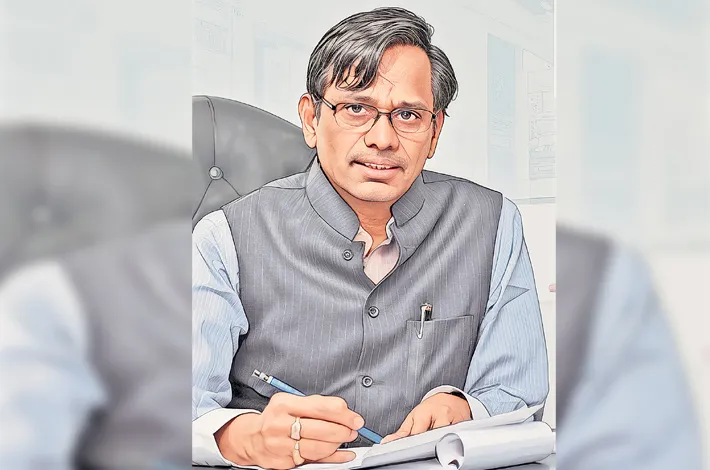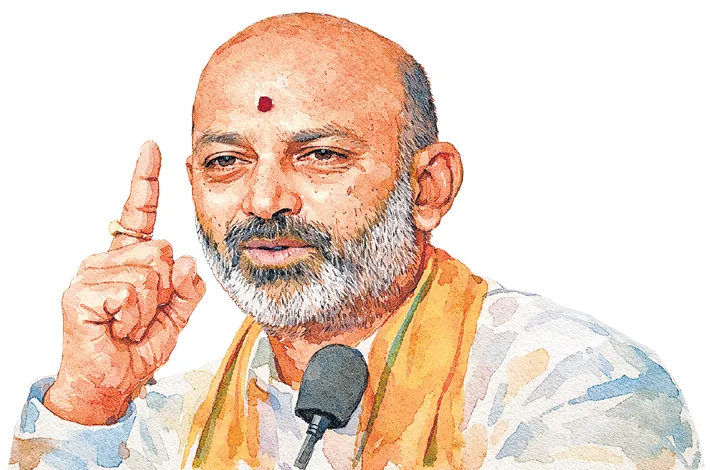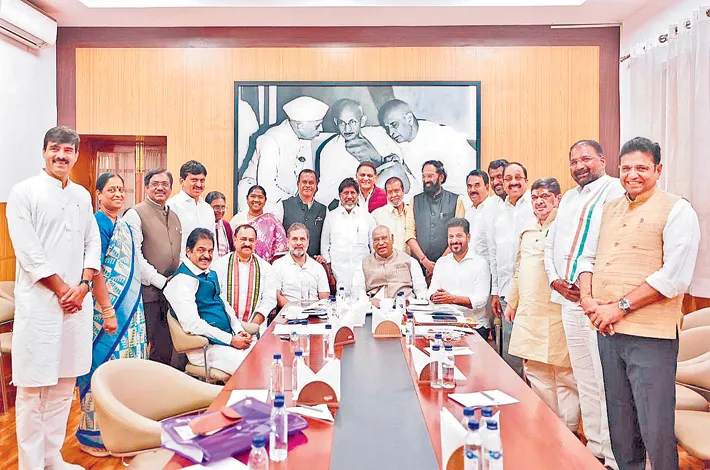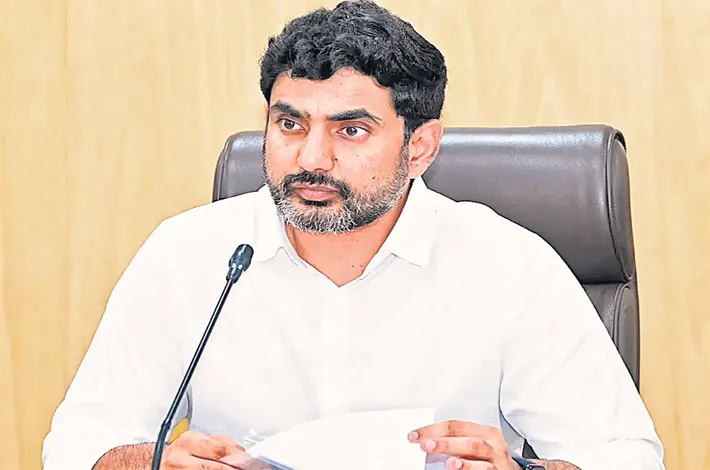Dubai’s Rise, India’s fall
17-09-2025 12:00:00 AM

Growing HNWI population
- India's HNWI population grew from ~200,000 in 2015 to ~850,000 in 2024, making it the world's third-largest HNWI market.
- Migration Specifically to Dubai (UAE)Dubai (and the UAE broadly) is the top destination for migrating Indian HNWIs, accounting for an estimated 35–45% of total outflows over the decade (15,000–21,000 individuals).
- UAE as the #1 choice for Indian millionaires, with ~31–40% of UAE's annual HNWI inflows from India.
Annual breakdown to UAE
- 2015–2019: ~1,000–1,800 per year (total ~7,000), rising with UAE's Golden Visa launch in 2019.
- 2020: ~300 (pandemic impact).
- 2021: ~700.
- 2022: ~1,900.
- 2023: ~2,200 (part of UAE's 4,500 total inflows).
- 2024: ~1,800–2,200 (31% of UAE's 6,700–7,200 inflows).
Source: Henley Private Wealth Migration Report
47,000 HNWIs migrated
- Between 2015-2024, 47,000 High Net Worth Indians Migrated Abroad
- Note that 2025 projections (4,000–5,000 additional outflows) are excluded as they fall outside the 10-year window ending September 15, 2025.
During my recent visit to Dubai and Abu Dhabi, I interacted with several businessmen and high-net-worth individuals from India who have made Dubai their home—for both residence and business. Many interesting reasons, factors, and realities emerged during my conversations with them on why they chose to leave India and settle in Dubai. I wish to share some of my insights and thoughts here, for the public to understand and for governments to take cognisance of.
As India grapples with a growing exodus of wealth and talent, Dubai has emerged as a magnet for Indian business professionals seeking a corruption-free, efficient, and safe environment. The Emirate’s low taxes, seamless business set-up, and high quality of life are driving a significant shift—raising alarm bells for Indian policymakers about an accelerating “wealth drain,” following the “brain drain” of the late 20th century.
A business haven
Dubai’s appeal lies in its business-friendly ecosystem. With a tax rate as low as 5% on certain incomes and no personal income tax in many cases, the city offers financial freedom unmatched by many global hubs. Entrepreneurs can establish companies within 24 hours, free from bureaucratic hurdles or harassment by regulatory bodies—a stark contrast to the challenges often faced in India.
“There’s no IT, CBI, or ED knocking on your door here,” said an Indian expat entrepreneur in Dubai, speaking anonymously.
The Emirate’s merit-based system rewards efficiency, with business owners reporting productivity levels up to five times higher than in less streamlined environments. Corruption, a persistent issue in many countries, is virtually absent from Dubai’s business operations—thanks to transparent processes and advanced technology used for permits and decision-making. Access to international markets for trade, finance, and knowledge further sweetens the deal.
Safety and quality of life
Beyond business, Dubai offers an unparalleled quality of life. The city enforces zero tolerance for crime, with justice delivered within a week and no reported issues of theft or property disputes. Residents, including women, can move freely at midnight, dressed as they choose, in a safe environment free from drugs or goonda-related threats. High-quality, unadulterated food, clean water, and a reliable power and water supply add to the appeal—despite the harsh desert climate, where temperatures soar above 40°C for five months and there is little rain or greenery.
Dubai’s world-class hospitals, educational institutions, and entertainment options make it a holistic destination.
“I sold my assets in India and moved here to secure a better future for my children,” said a retired business owner from Mumbai, reflecting a growing trend of wealth transfer to destinations like Dubai, London, and the US.
India’s wealth drain crisis
This migration signals a shift from the brain drain of 1960–2000 to a new era of wealth drain. Indian parents are increasingly liquidating assets to fund their children’s lives abroad, reversing the earlier trend of NRI remittances. Social media platforms like X echo this sentiment, with users praising Dubai’s governance while lamenting India’s bureaucratic red tape, complex taxation, and political interference in business.
“Dubai’s visionary leadership has created a dream destination,” said Dr. Anil Sharma, an economist based in New Delhi. “India must act swiftly to retain its entrepreneurs, or we risk losing both wealth and talent.”
A Wake-Up Call for India
India has made progress, climbing from 142nd to 63rd in the World Bank’s Ease of Doing Business ranking between 2014 and 2019. Initiatives like Digital India and GST aim to streamline processes, but corruption, slow judicial systems, and regulatory harassment persist. To compete with Dubai, experts urge India to:
- Simplify taxation and lower rates to match global hubs.
- Digitize processes and eliminate corruption.
- Strengthen property rights and expedite justice delivery.
- Invest in infrastructure, healthcare, and education to enhance quality of life.
The road ahead
Our present rulers, who aspire to make India a multi-trillion-dollar economy, must take bold measures to root out corruption at all levels. They should make the ease of doing business truly hassle-free and transparent, reform the entire electoral process to ensure transparency, conduct free and fair polls, weed out nepotism, and make the country the best place to live and work in.
Along with political will, those in power must view their positions not as seats of privilege, but as opportunities given by the people—to serve the people.
Dubai’s remarkable success—despite its unforgiving climate—highlights the power of visionary leadership and a zero-tolerance stance on corruption. For India, the stakes couldn’t be higher. Without meaningful reforms to improve the ease of doing business and tackle systemic corruption, the outflow of wealth and talent may only intensify, posing a serious threat to long-term economic growth. As one user on X aptly put it: “India’s policymakers need to listen—Dubai isn’t just a desert; it’s a lesson in what’s possible.”








